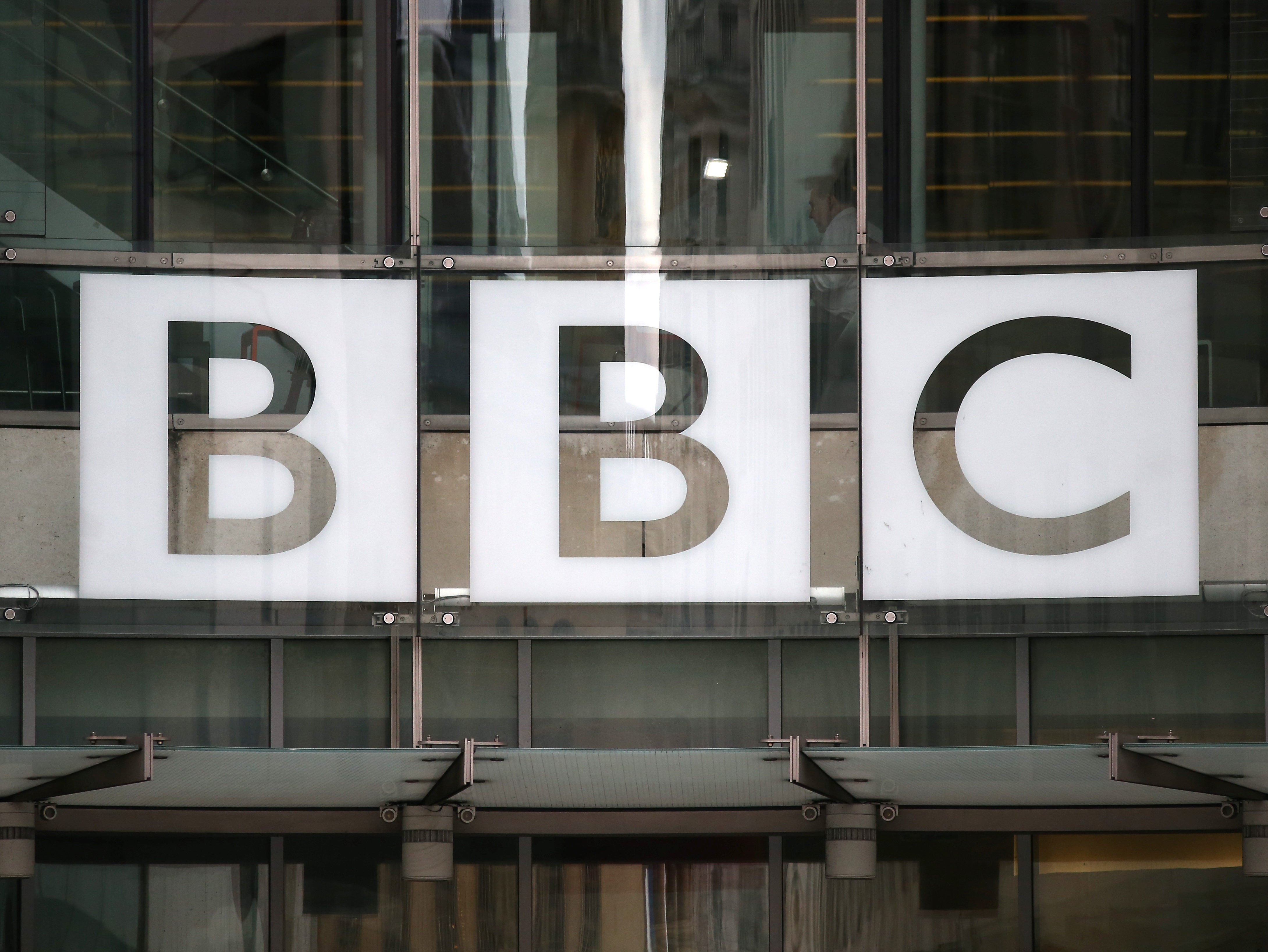
The BBC’s mission is to inform, educate and entertain the nation.
It should now come to the rescue of Britain’s Covid-battered education system and step in to create live educational programming for school children during the lockdown period.
BBC Two should clear its schedules between 8am and 4pm, Monday to Friday, from now until – and perhaps beyond – September.
In place of re-runs and game shows that usually occupy this airtime, the BBC should produce live shows with real teachers giving entertaining lessons to children, in every year group.
The hour from 8am-9am could be dedicated to Years 1 and 2; 10am-11am for Years 3 and 4, and so on.
Of course, children in Years 1 to 12 have different educational needs. Nobody is suggesting this would cover the entire curricula, or be as good as being in a real classroom.
There are only eight hours in my proposed TV school day. So, there might be just one hour per day of programming suitable for each child. But that’s better than zero hours.
Obviously, this model of video teaching is ideally suited to web broadcasting, rather than television broadcasting, because it’s possible to have twelve different online channels, one for each year group, and students can watch video, on demand.
However, the children who are impacted most by the current schools shutdown are least likely to have computers at home, or access to free broadband. So a web TV service – on its own – would not benefit them.
Using BBC Two as the primary distribution channel guarantees the programming would reach one hundred percent of the population. The content would be put online, in addition to, not instead of the broadcast option.
The BBC already has plenty of educational programming from its BBC Bitesize and BBC Teach brands. But I am talking about re-creating the experience Joe Wicks has managed to create for his daily exercise classes on Youtube.
Live broadcasting on BBC Two, where every child of the same age in the nation is participating in the same lesson at the same time. This would have a massive impact.
The opportunities for interactivity and audience participation are huge. The shows could be fronted by real teachers, perhaps aided by celebrity “classroom assistants” who appeal to children, such as footballers and pop-stars.
This is relatively inexpensive programming to produce, especially as many contributors could be on Zoom or Skype, from home. The budget would be minuscule compared to the cost of a drama, or even an episode of Match of the Day.
It would also help the BBC attract back many of the young people who have stopped watching broadcast television, in favour of Youtube and Netflix.
Politically, this would be hugely beneficial for the BBC.
It would give the government some respite from its shambolic management of the Covid-19 crisis. It would rescue ill-equipped parents from the travails of home schooling. It would unify the nation in praise of the broadcaster at a time when the BBC needs friends, ahead of negotiating the future of the licence fee.
Leon Hawthorne lectures in media at the Danish School of Media and Journalism and is a former BBC Lobby Correspondent and chief executive of the Baby Channel.
Picture: Reuters/Neil Hall
Email pged@pressgazette.co.uk to point out mistakes, provide story tips or send in a letter for publication on our "Letters Page" blog
